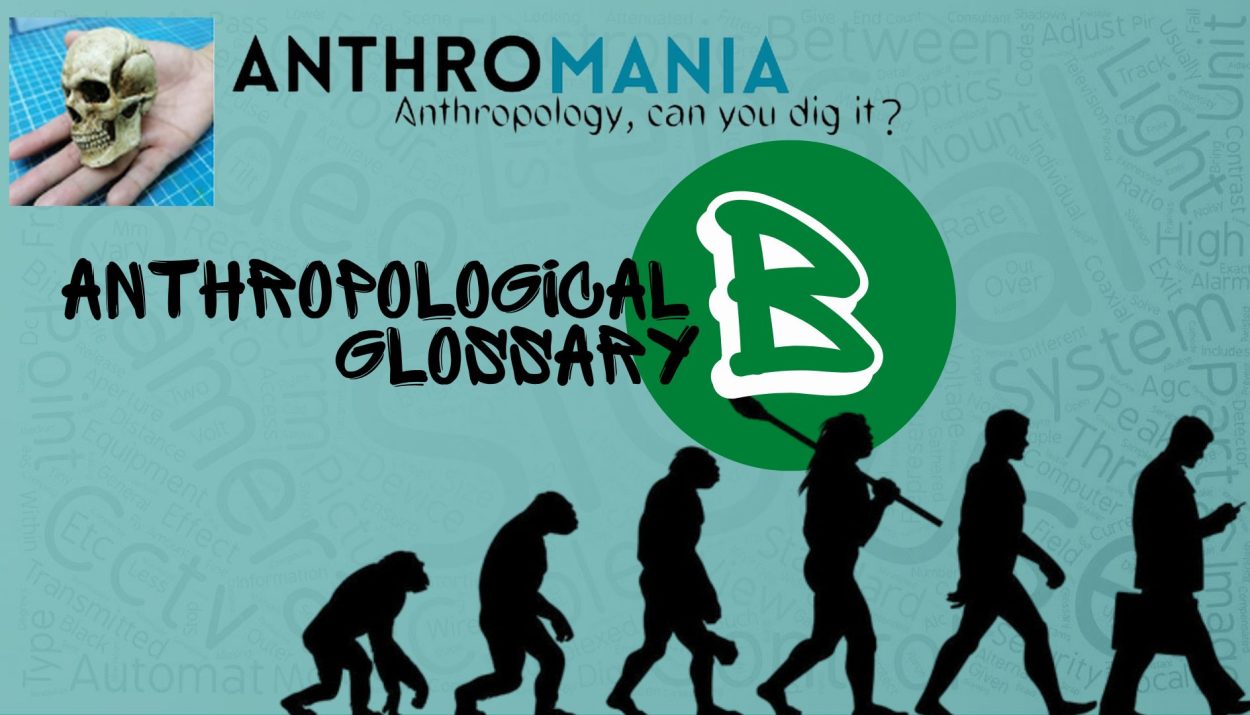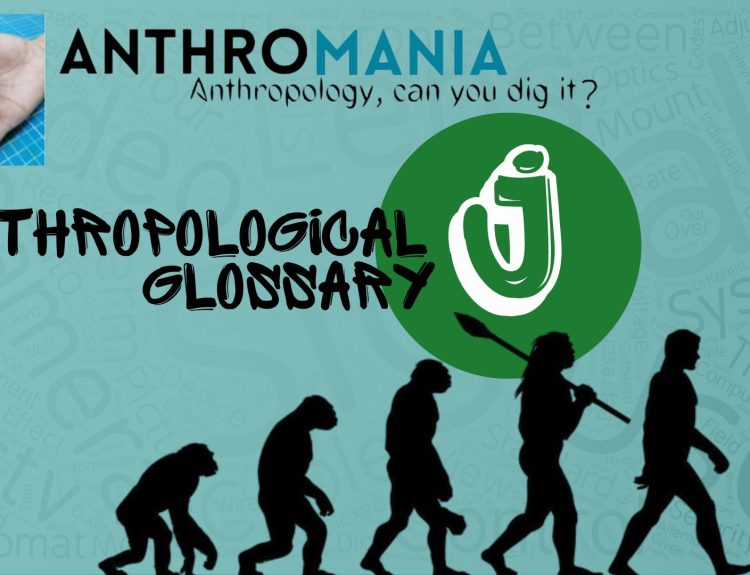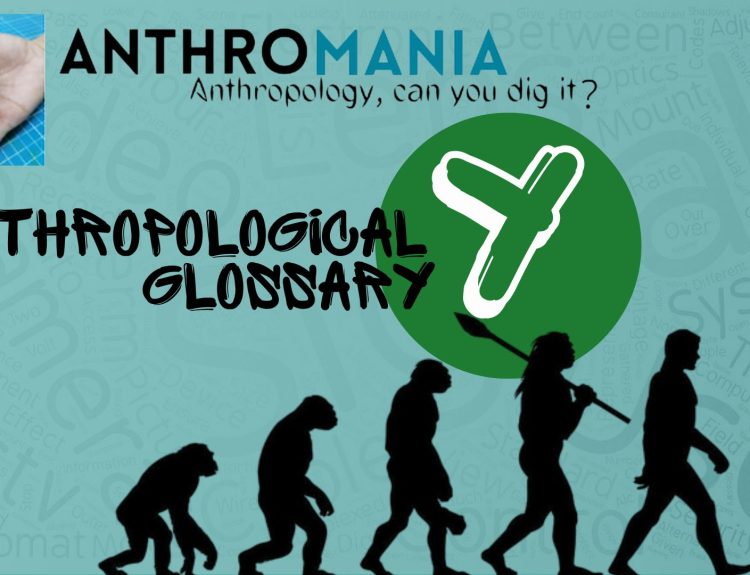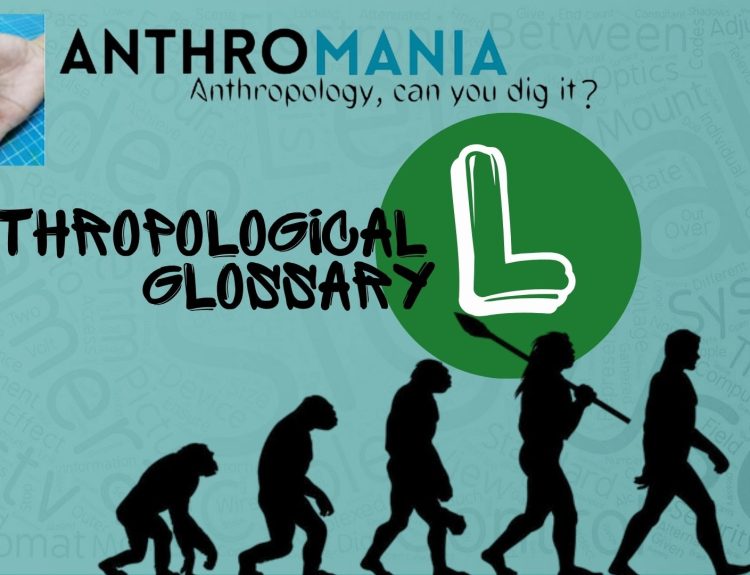The article “Anthropological Glossary (Letter B)” aims to elucidate fundamental terminology employed in the field of anthropology.
Balanced Reciprocity: An exchange system in which goods, services, or favours are exchanged with the expectation of roughly equal value in return.
Band: The oldest form of a political system, consisting of a small group of related members living in one area.
Barbarism: A state of extreme primitiveness, cruelty, or brutality in human behaviour or societies. It often denotes a lack of civilization, culture, or refinement and may involve acts of violence, ignorance, or inhumanity.
Benevolent Spirits: Supernatural entities believed to be kind, helpful, and inclined toward doing good. They are often revered and invoked for protection, guidance, and blessings in various cultures and religions worldwide. Examples include guardian angels, ancestral spirits, and nature spirits, all thought to bring positive influence and aid to humans.
Berdache Tradition: This tradition is found among some of the Indian races of North America. Here, some males dress as females and start acting like females.
Bermuda Triangle: also known as the “Devil’s Triangle,” is a loosely defined area in the western part of the North Atlantic Ocean. It has gained notoriety due to numerous aircraft and ship disappearances reported there.
Biculturalism: The ability of an individual or group to function effectively within two different cultures, often referring to the coexistence of their own culture and that of a dominant or host culture.
Bilateral Descent: Ancestry is traced through both maternal and paternal lines.
Bilineal Family: Ancestry is traced through both male and female lines.
Bilocal/Ambilocal: After marriage, the husband and wife either choose to live with or near any of the spouse’s parents.
Bio-cultural Functionalism: An anthropological approach that examines the interplay between biology, culture, and function in human societies.
Biological Anthropology: A subfield of anthropology that focuses on the study of human evolution, primatology, human genetics, and the biological aspects of human populations.
Biosphere: Earth’s layer where life exists. It encompasses all ecosystems, including land, water, and the atmosphere, where living organisms interact with their environments.
Bipedalism: The ability to walk on two legs, which is a defining characteristic of the hominin lineage and a key feature in human evolution.
Bisexual: Both boys and girls like other boys and girls equally.
Body Cells: Also known as Somatic cells, they constitute the majority of an organism’s cells and makeup tissues and organs. They are diploid, containing two sets of chromosomes, and are not involved in reproduction. Somatic cells undergo mitosis for growth, repair, and maintenance of the organism, ensuring genetic stability.
Bottleneck Effect: A sharp reduction in the size of a population due to a catastrophic event or drastic environmental change. This event drastically reduces genetic diversity, leading to a limited gene pool in the surviving population.
Brahmacharya Ashram: One of the four traditional stages of life (Ashrams) in Hinduism. It focuses on celibacy, education, and self-discipline. Typically, it begins with the initiation of formal education and extends until marriage.
Bronze Age: An archaeological period characterized by the widespread use of bronze for tools, weapons, and other artefacts, typically marking a stage of advanced technological development in human history.







